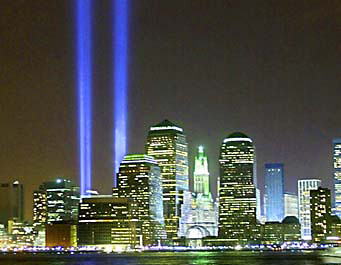WHEN A POLITICIAN is enmeshed in scandal, it usually has little to do with the regular way he conducts himself in office. Despite all the heroic attempts by President Clinton's critics to make promiscuity or lying a metaphor for his presidency, most of what he did had little to do with bedding interns.
The same goes for Senate Majority Leader Bill Frist's alleged insider trading or Karl Rove's alleged uncovering of a clandestine CIA officer. Frist or Rove may be bad people, but these alleged crimes are not an outgrowth of their everyday behavior.
The indictment of House Majority Leader Tom DeLay (R-Texas) is another matter entirely. It's hard to imagine how DeLay could function without at least coming very close to breaking the law. His indictment is an indictment of the whole way the Republican Party operates. The central theme of DeLay's tenure has been to break down barriers to greater corporate influence in American politics.
This final point -- that DeLay's illegal acts are not essential, not accidental to his political style and success -- is the main one that Chait is making, and he is, of course, correct: DeLay is part of a nexus of corruption that has turned the Republicans into little more than a vehicle for corporate welfare and political corruption -- one of its central remaining tenets (unlike, say, reducing the size of Government, which their recent record has turned into a joke, and which DeLay recently declared a finished project). Chait is also right that Clinton and Frist's scandals have little to do with their political records.
But he's wrong about Rove. Rove's crime is precisely "an outgrowth of [his] everyday behavior." Rove's stock-in-trade has been reprehensible, irrelevant character assassination, an attempt to distract from policies and stir up his base (can you say "Swift Boat"?). Of course, he usually doesn't do something illegal (as opposed to merely immoral) while doing this -- so far as we know. He almost certainly doesn't usually destroy key assets in America's defense against terrorism while making (irrelevant) attacks on his clients' critics' character. But the basic act -- sleazy character assassination -- is a direct outgrowth of what Rove has done, the essential ingredient of his success. Further, as others have argued, his so-called genius is, in large measure, a willingness to ignore ethical boundaries -- which can lead to practical success, albeit of a noxious sort.
DeLay's indictment reveals a corruption at the heart of the Republican congress (and since I haven't had a chance to say it yet, can I just say: Hurrah!); and it is essential that Democrats make this connection. But Rove's actions -- which, now that Judy has decided to sing will hopefully lead to his imminent indictment -- are essential to Bush's political success: sleaziness employed to distract from disastrous policies that would otherwise be unpopular. If and when that indictment comes, we need to make that connection as well.

